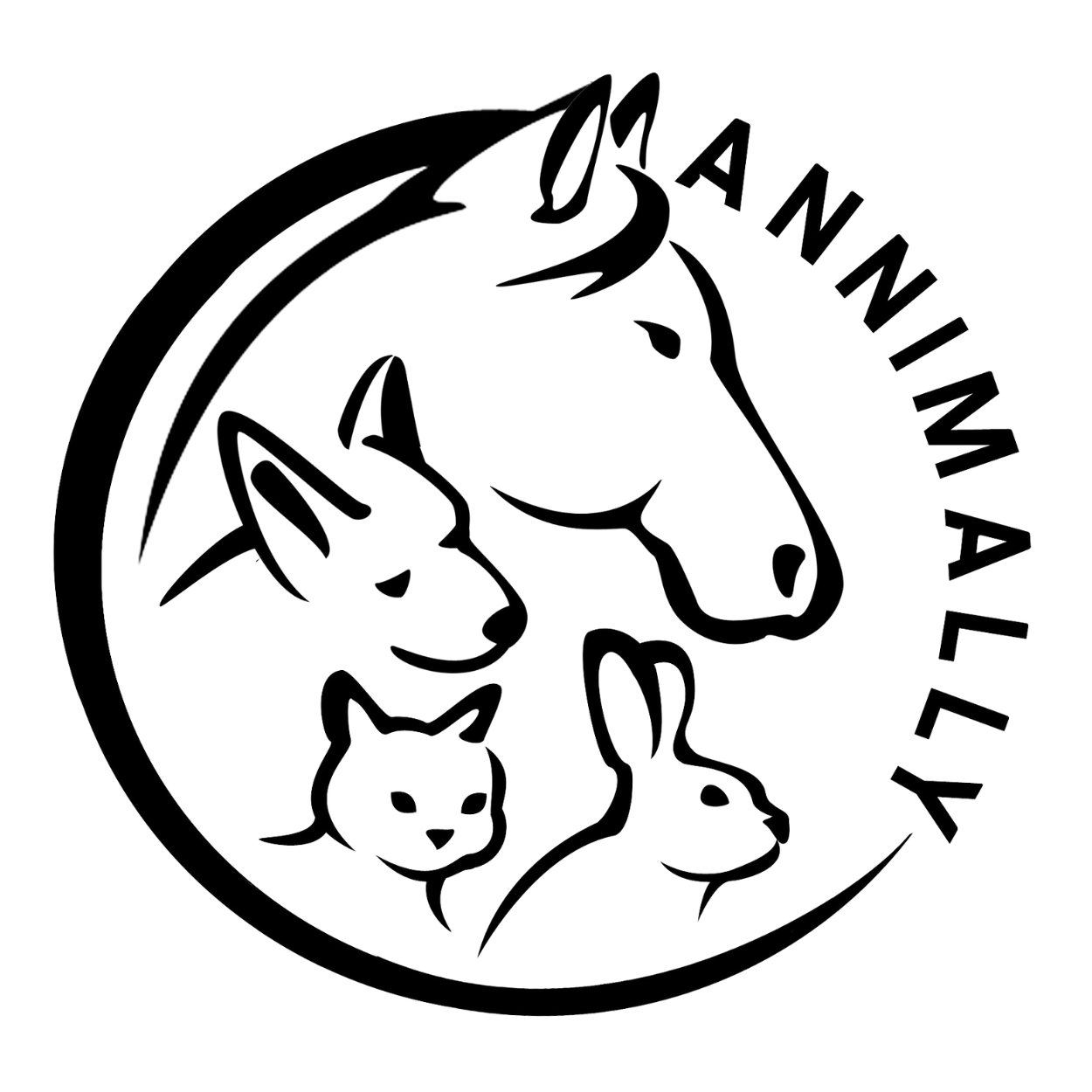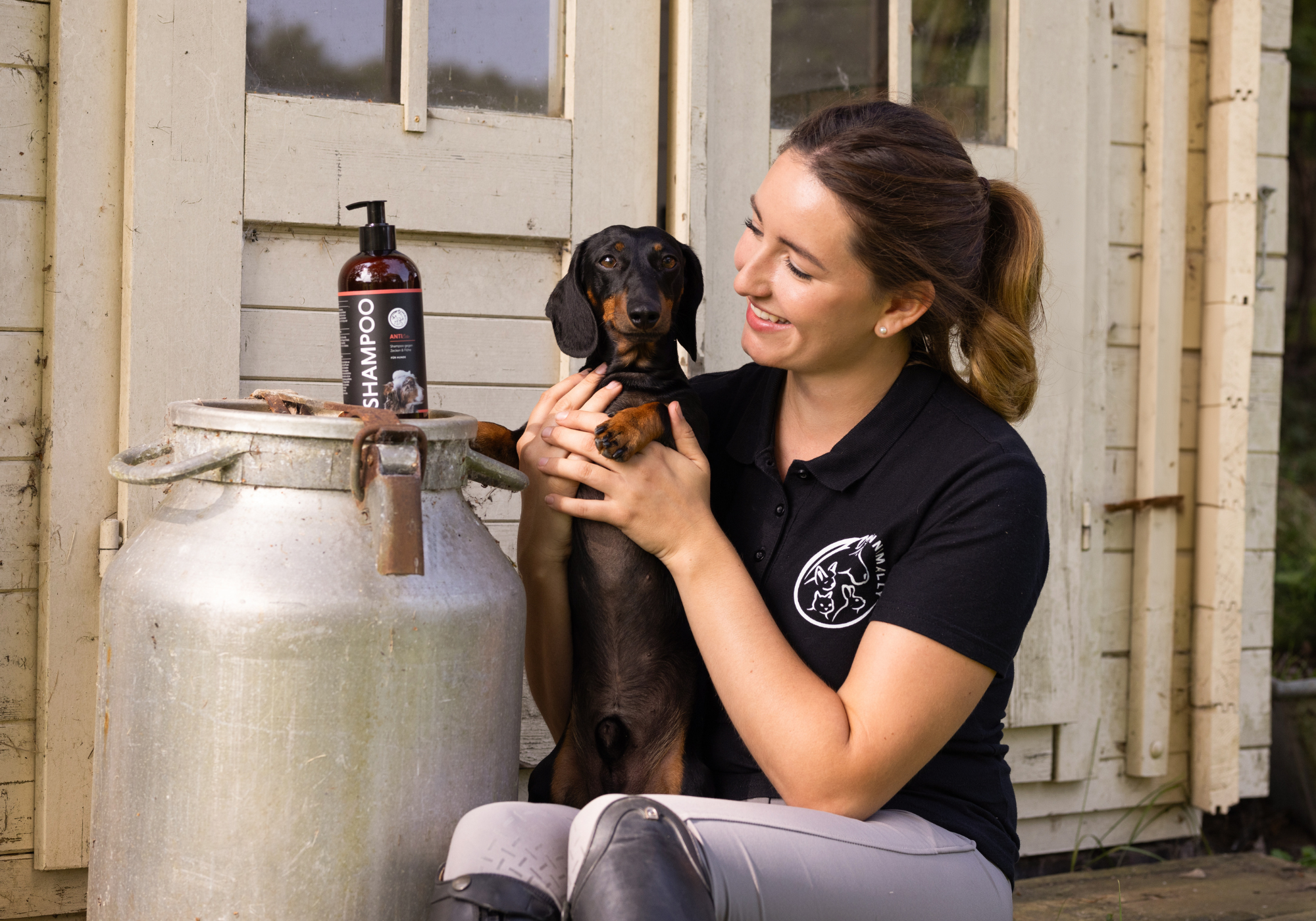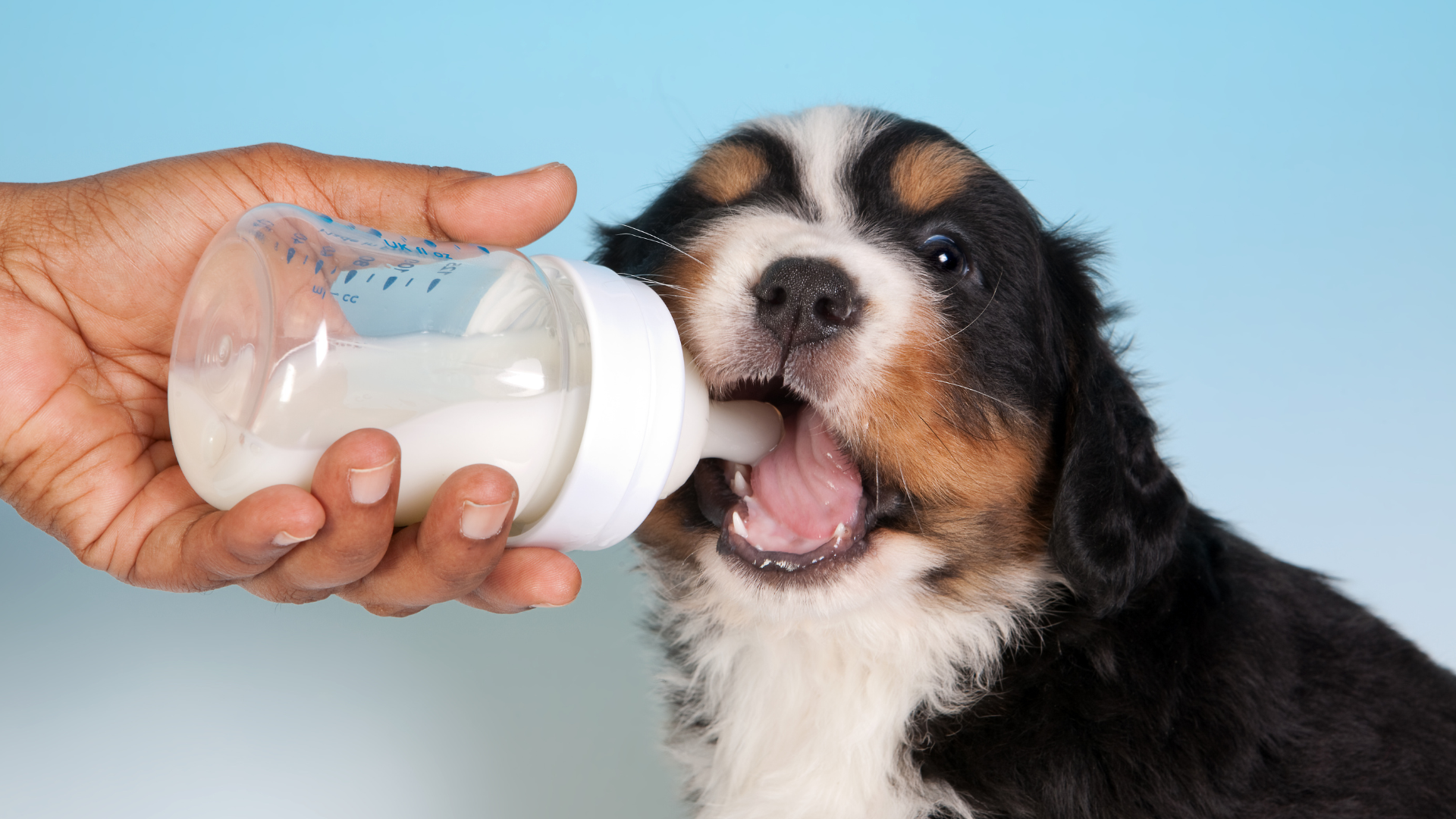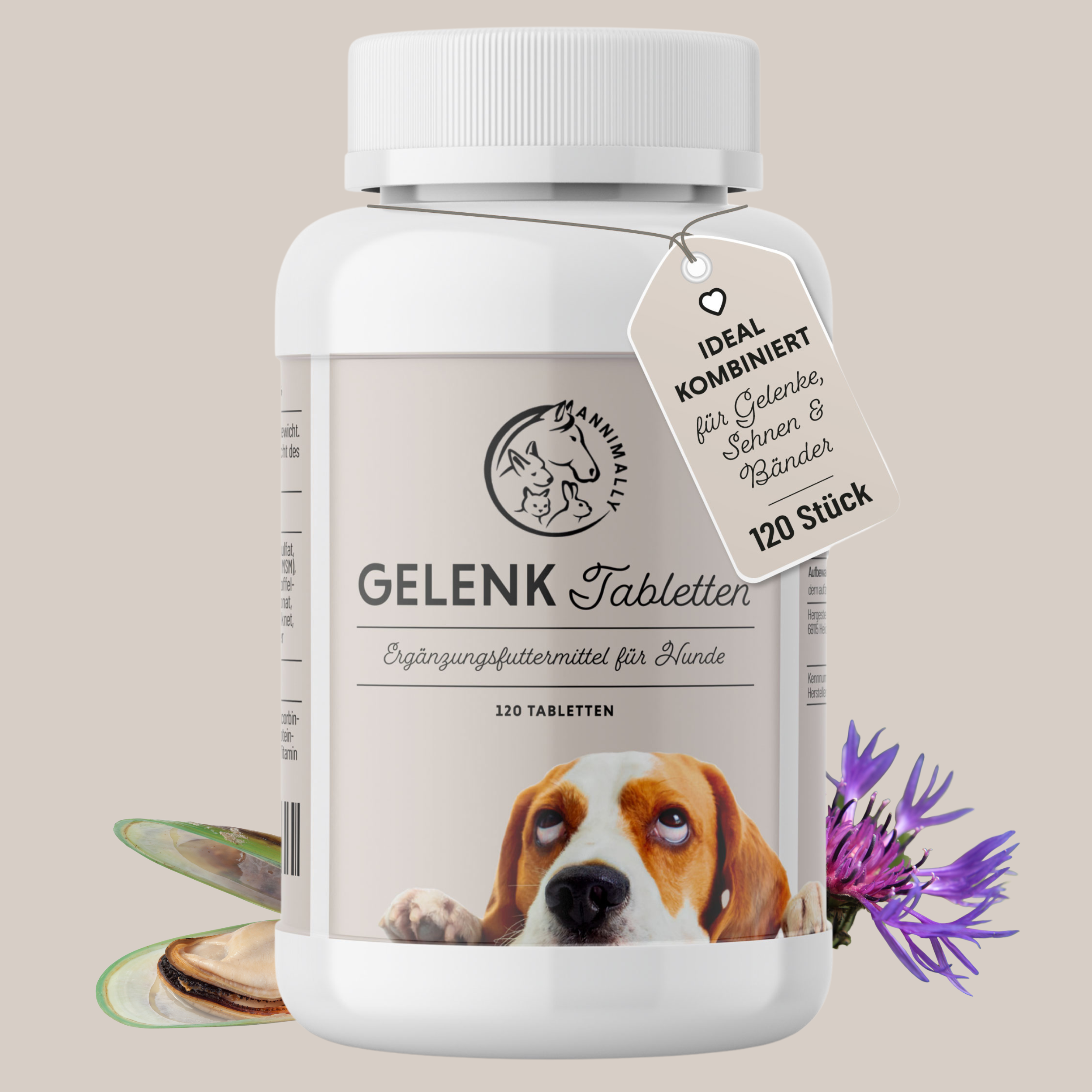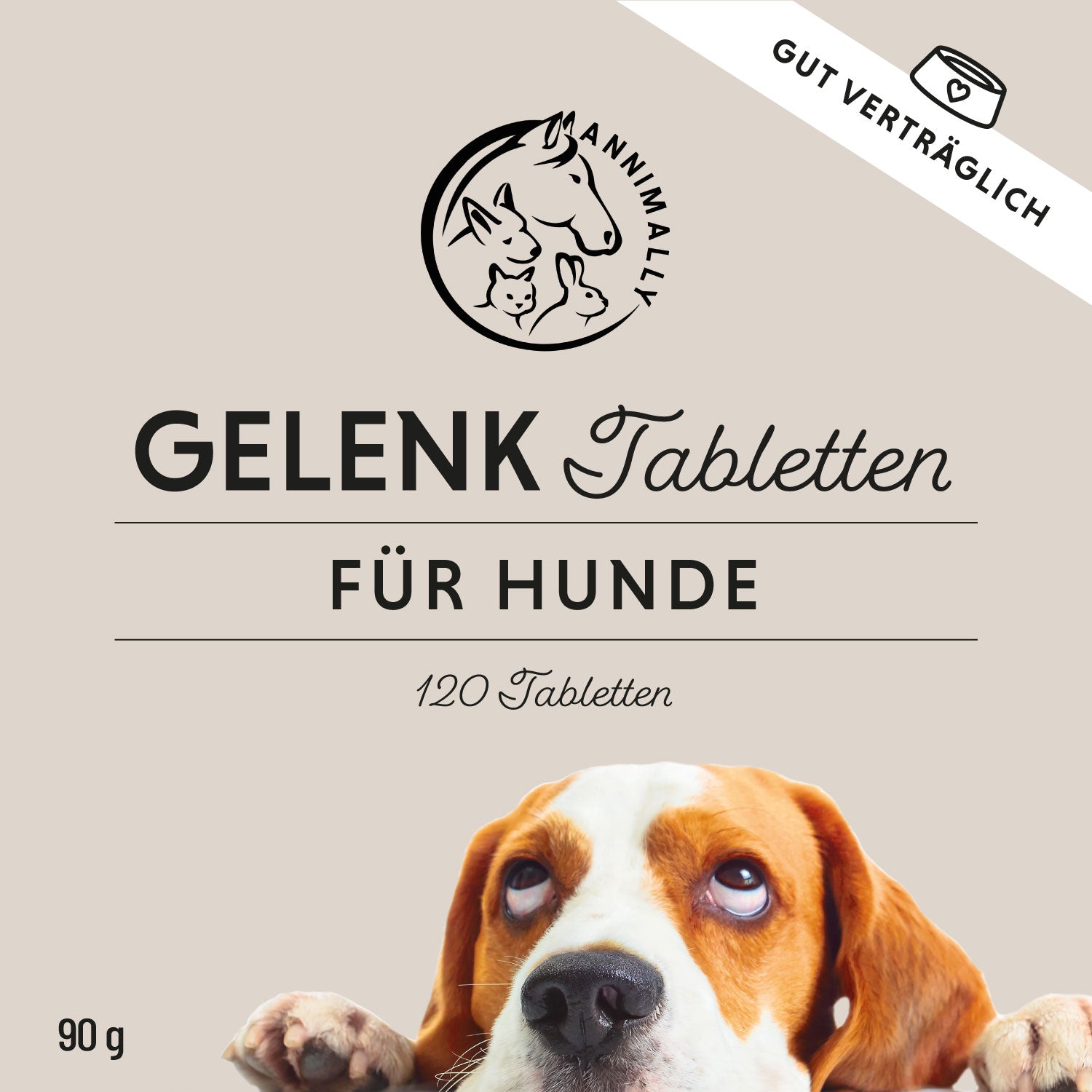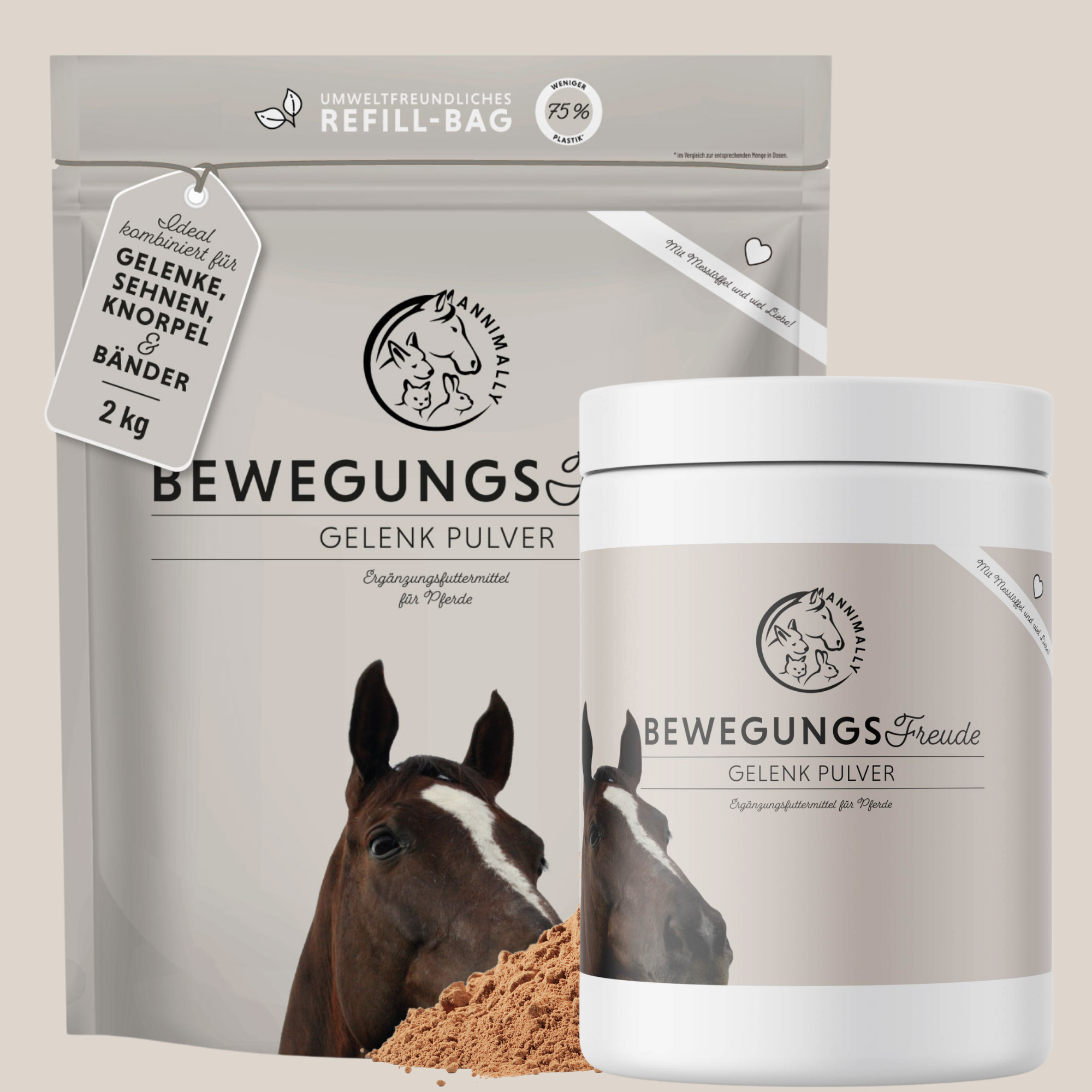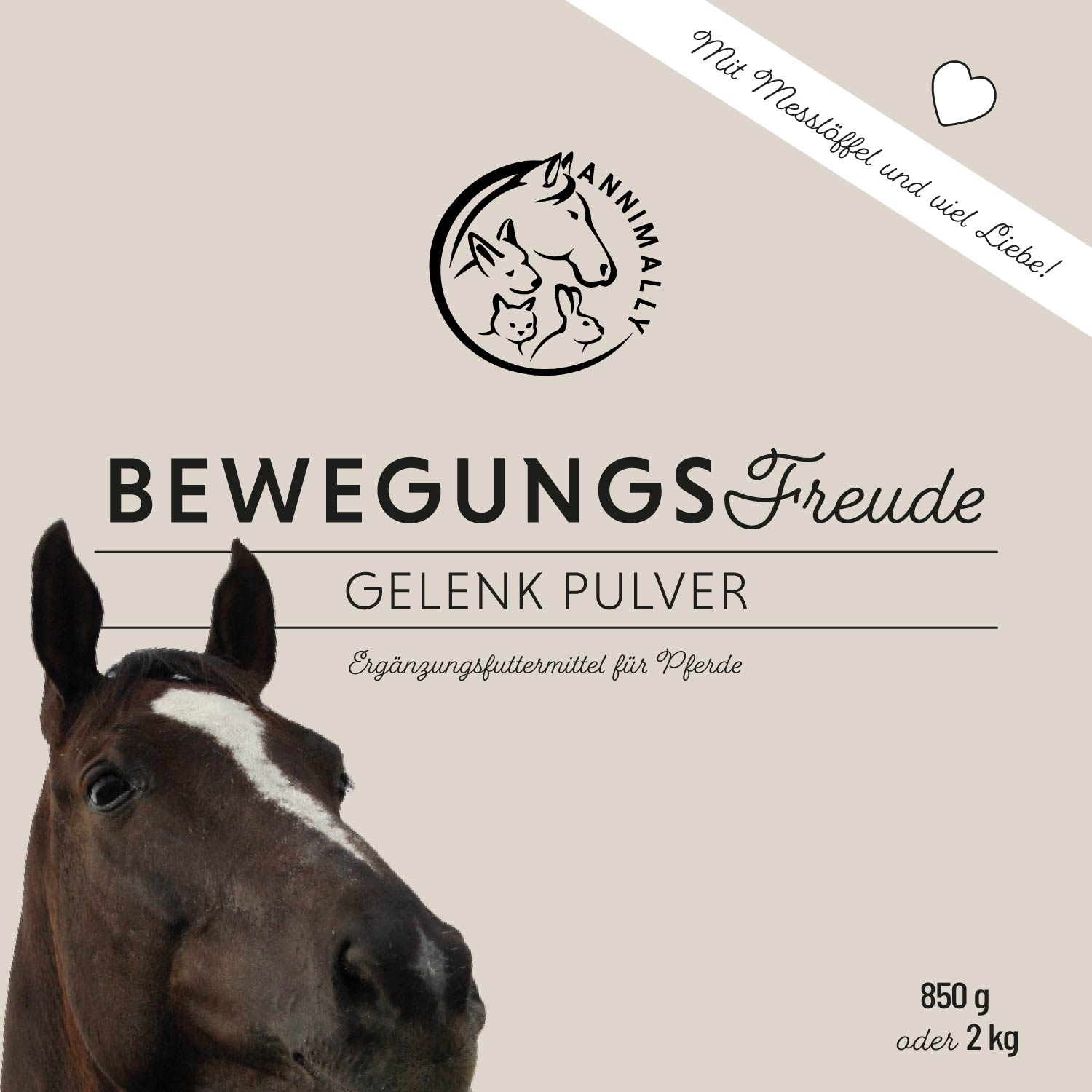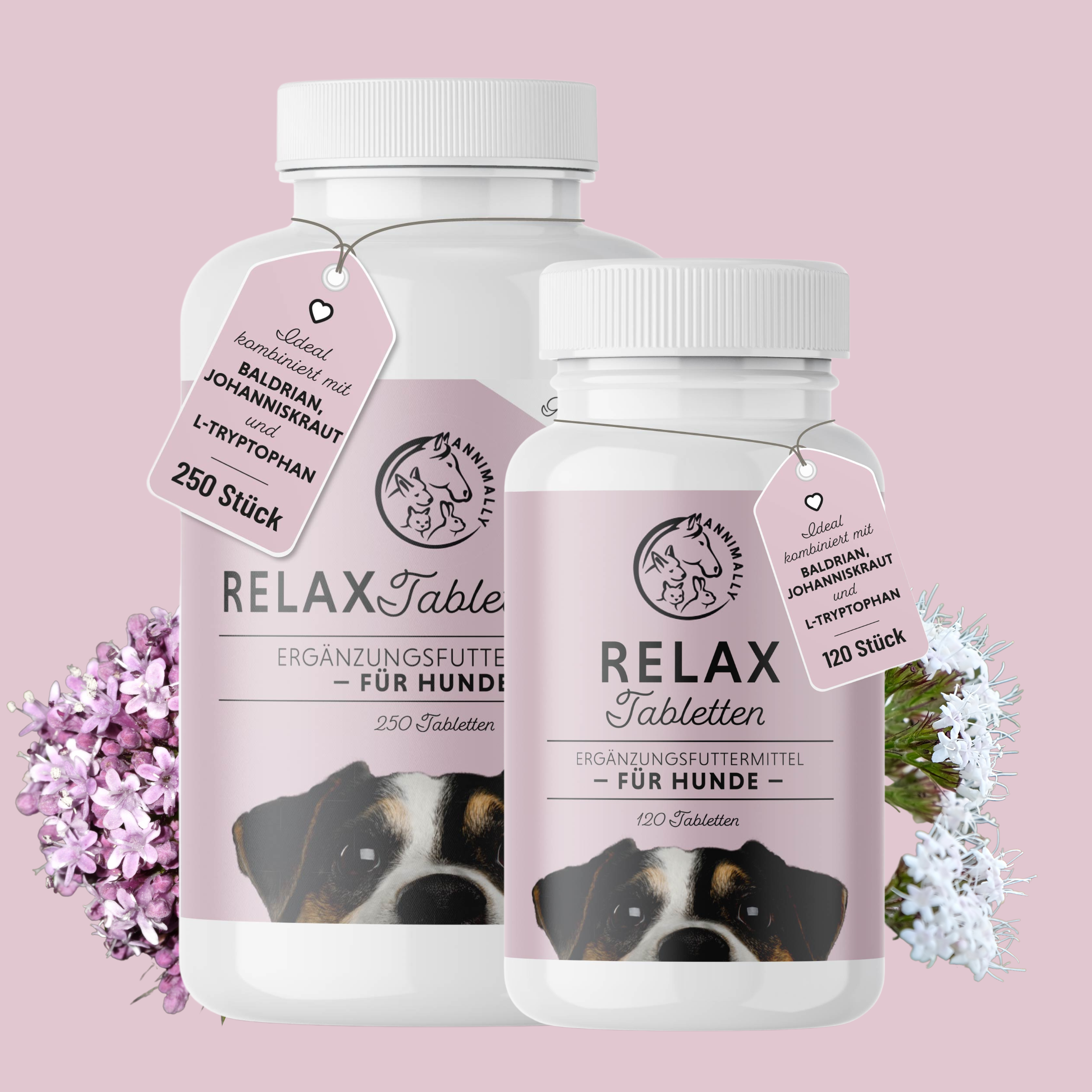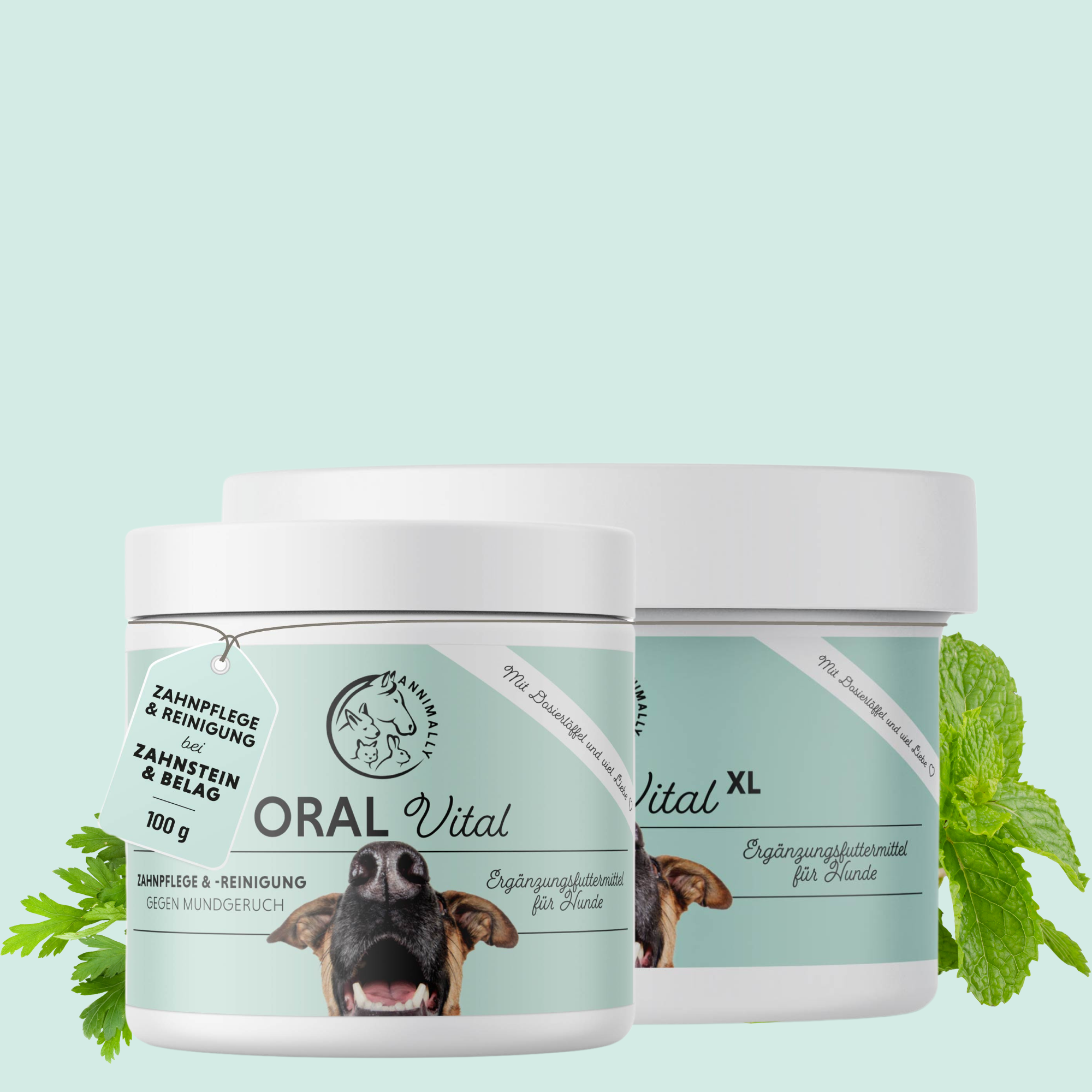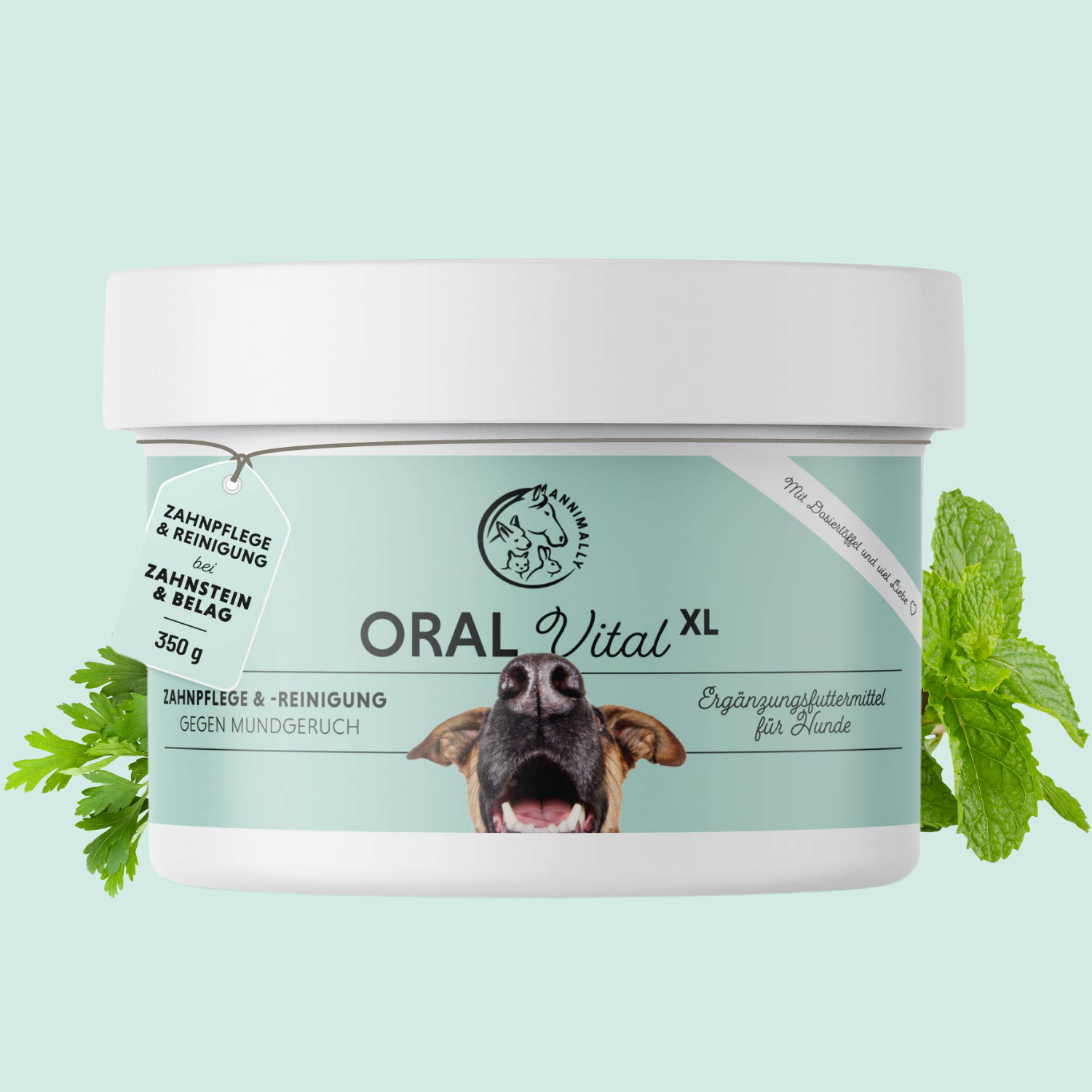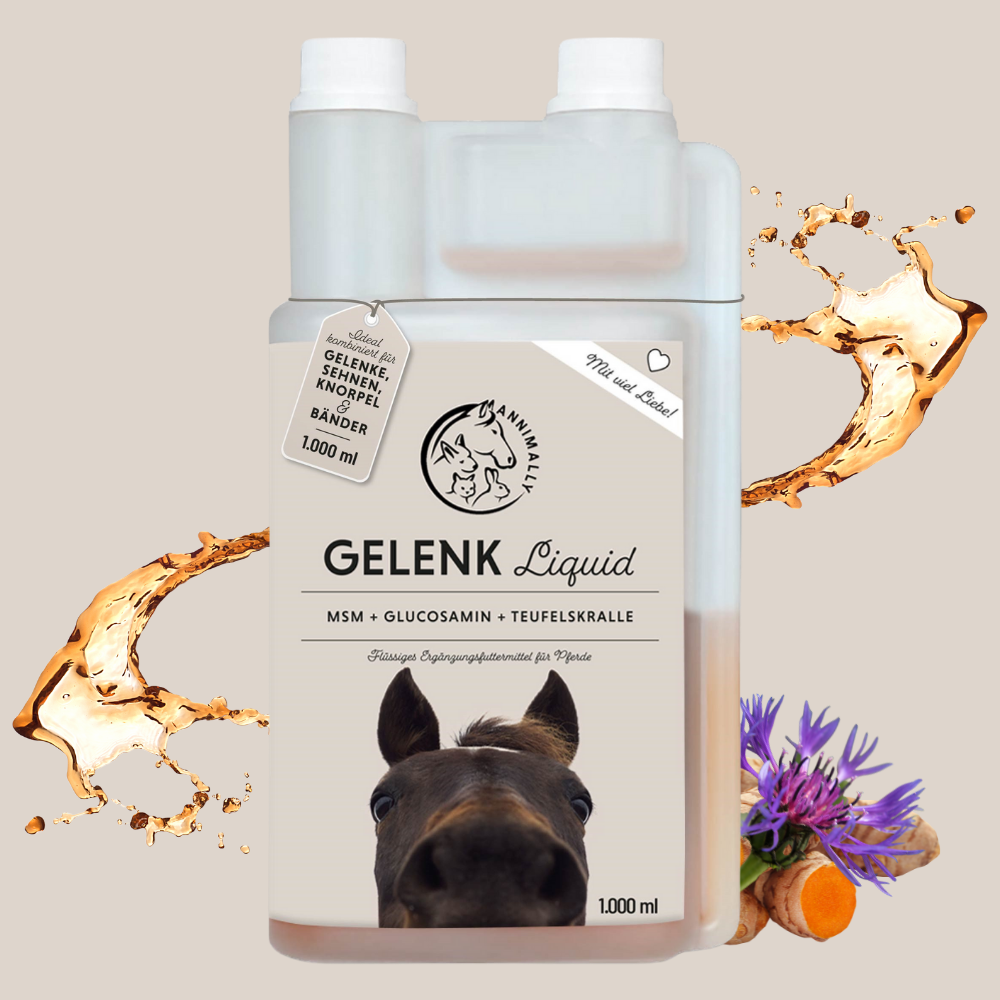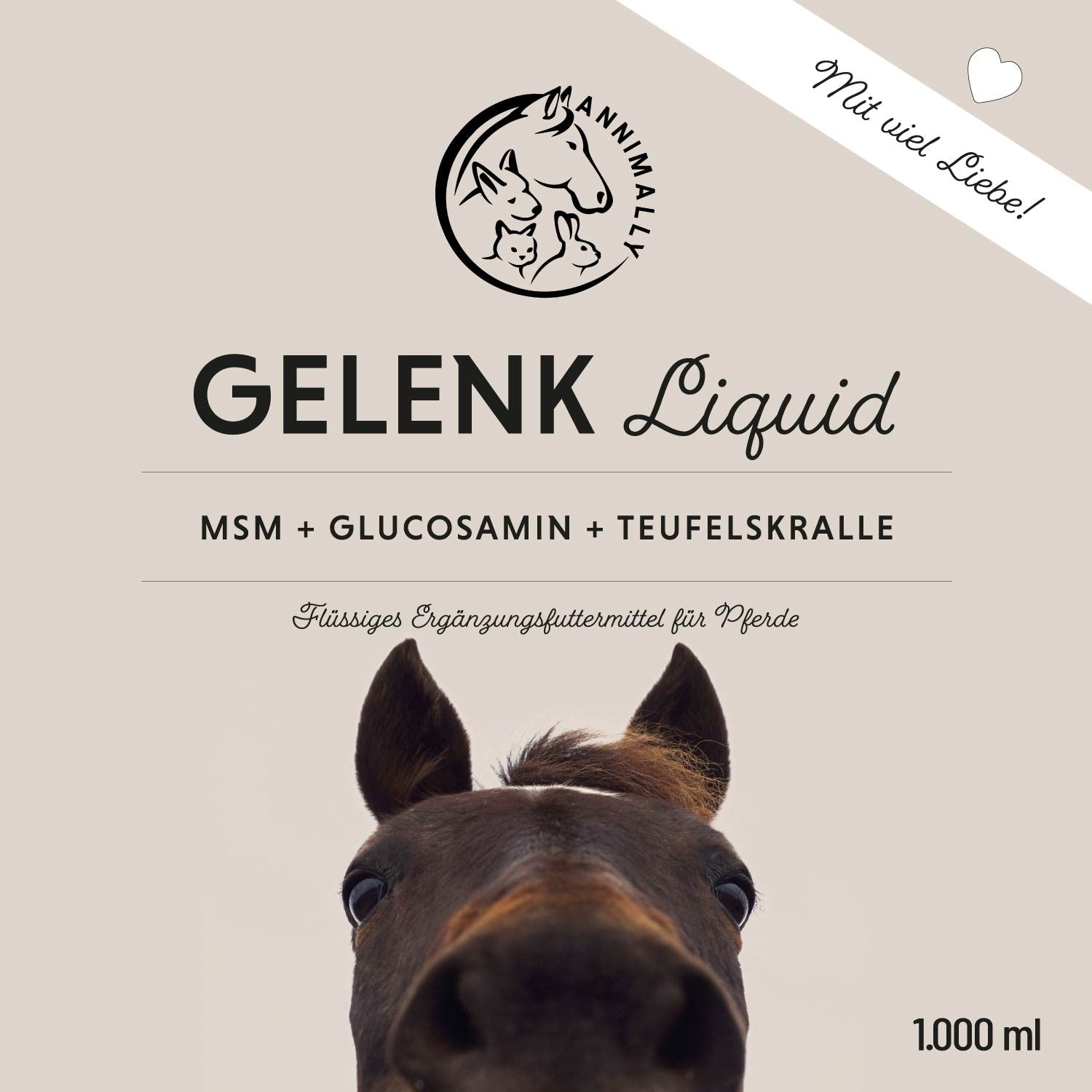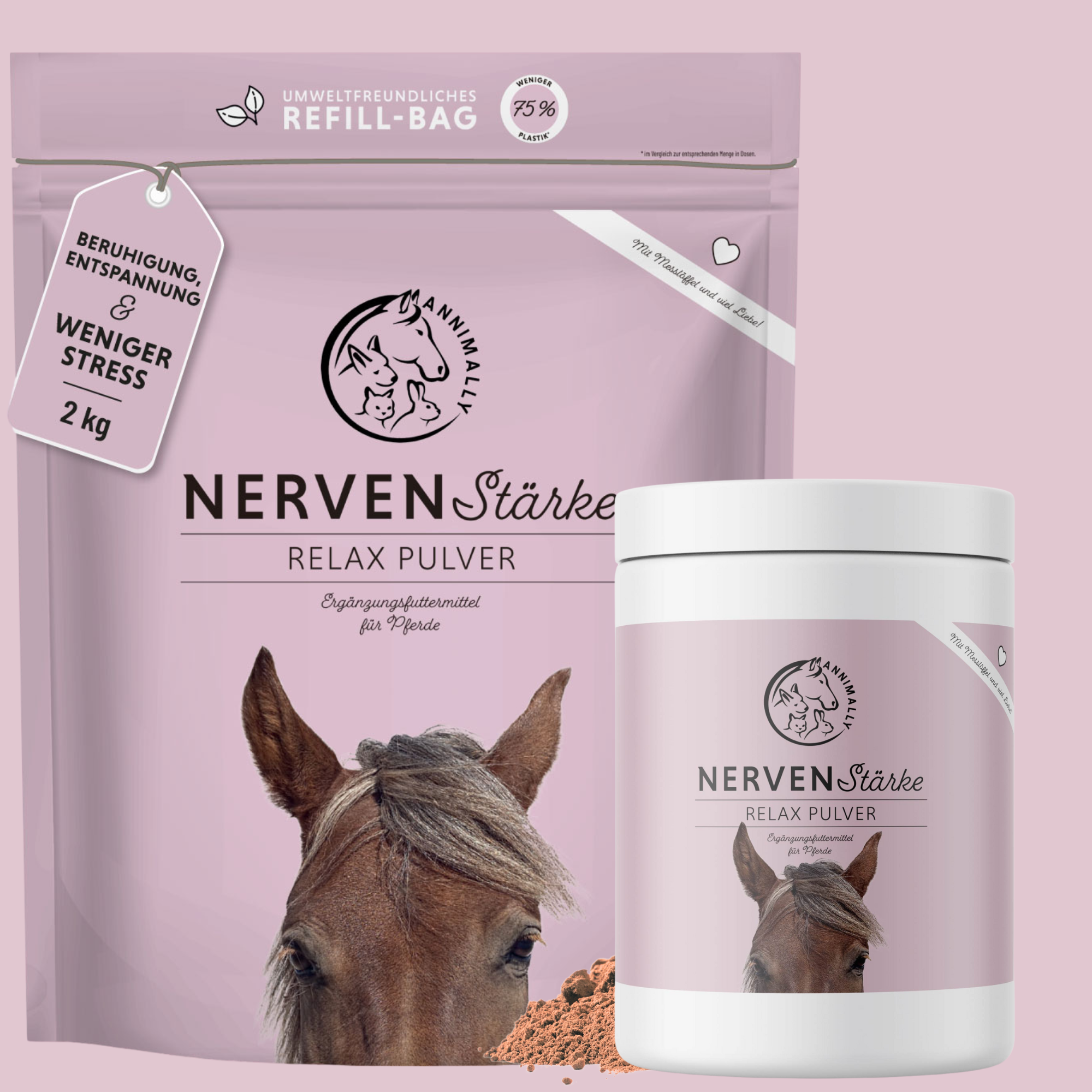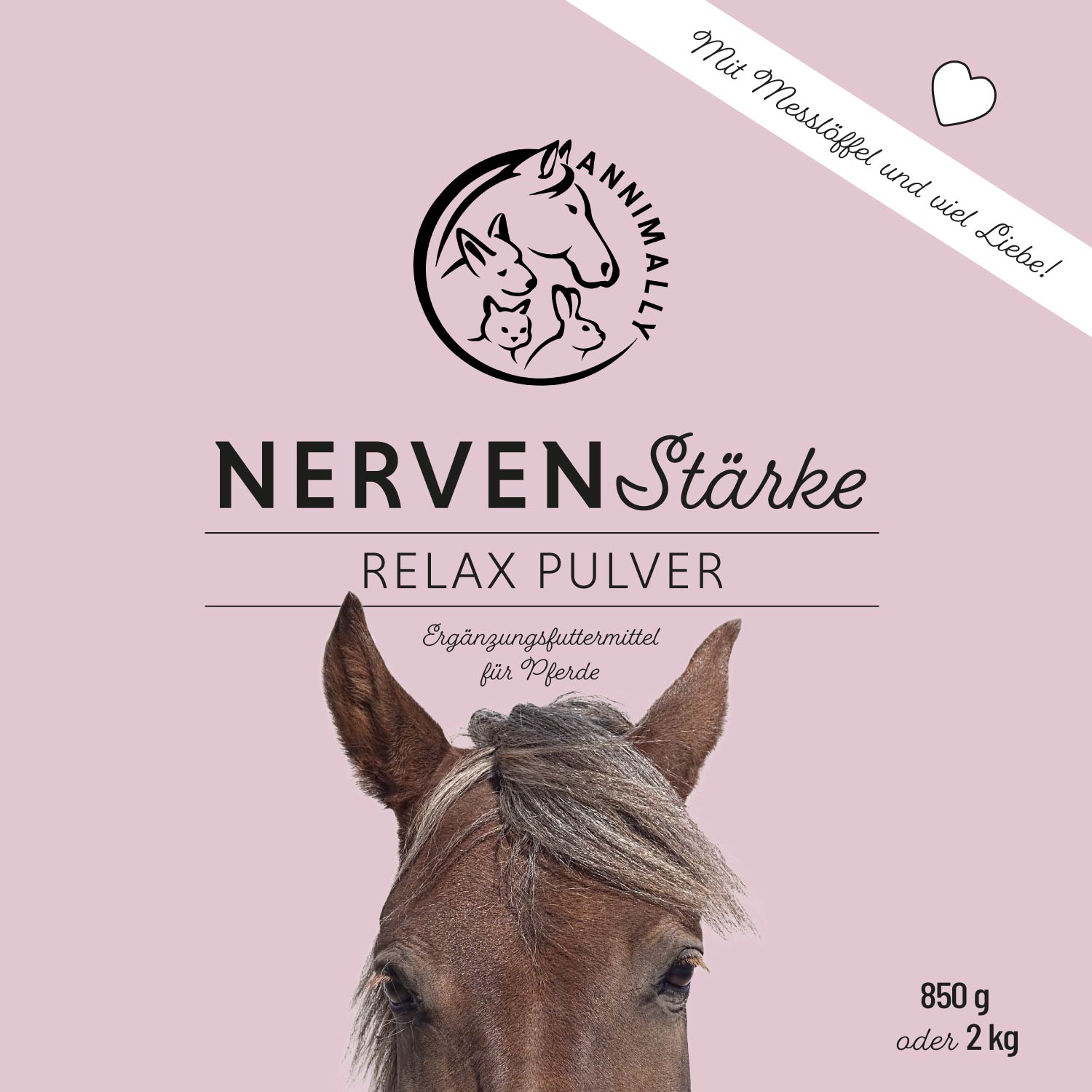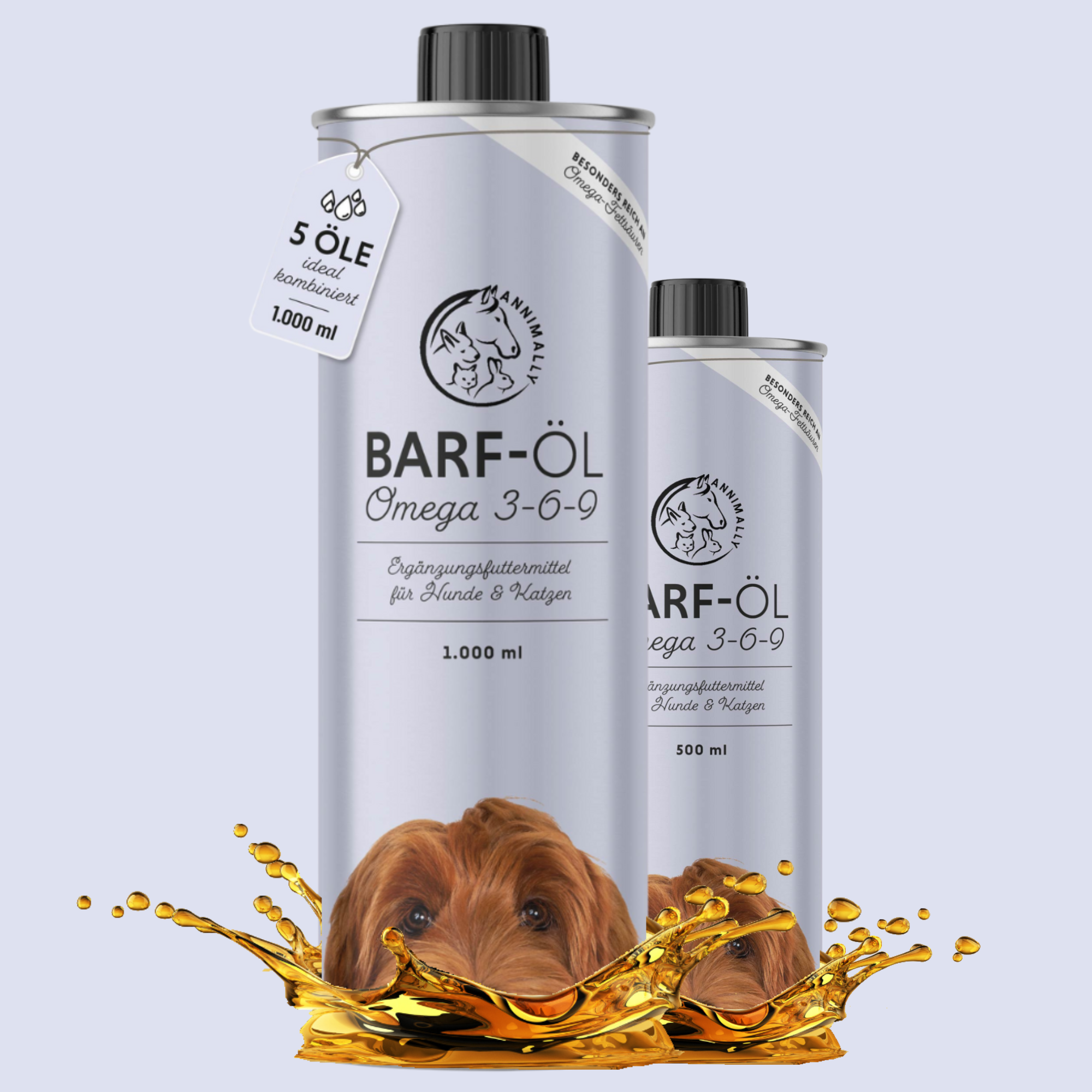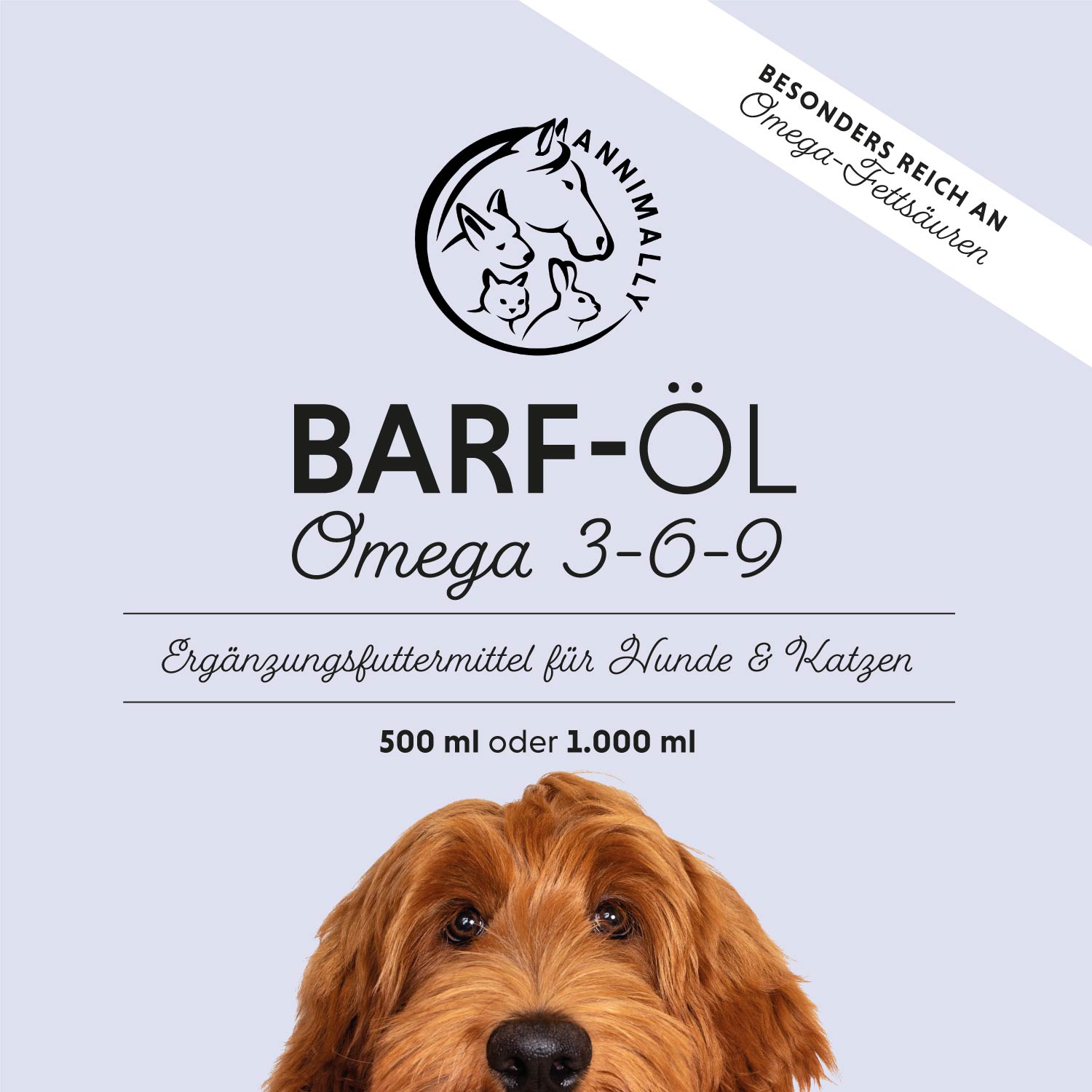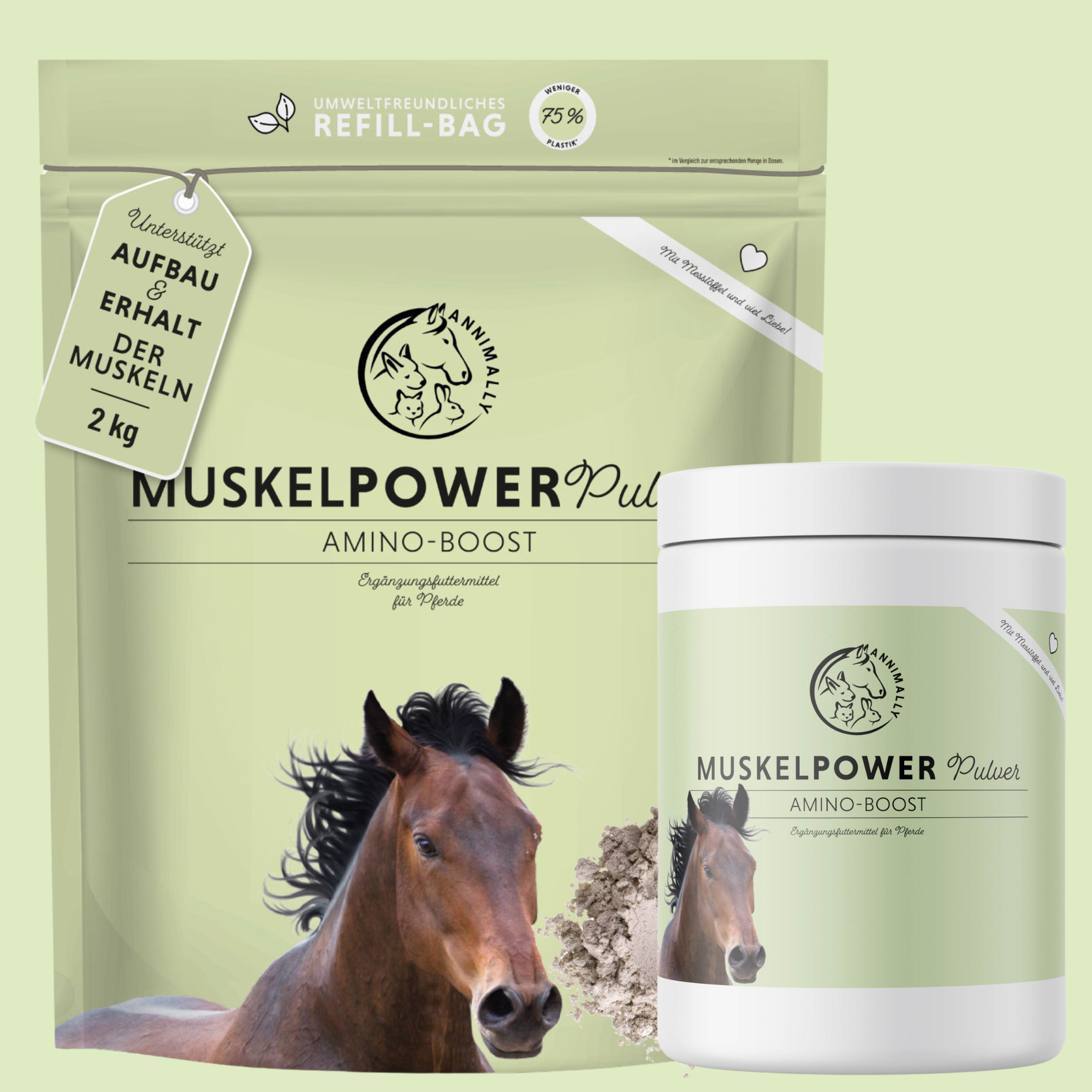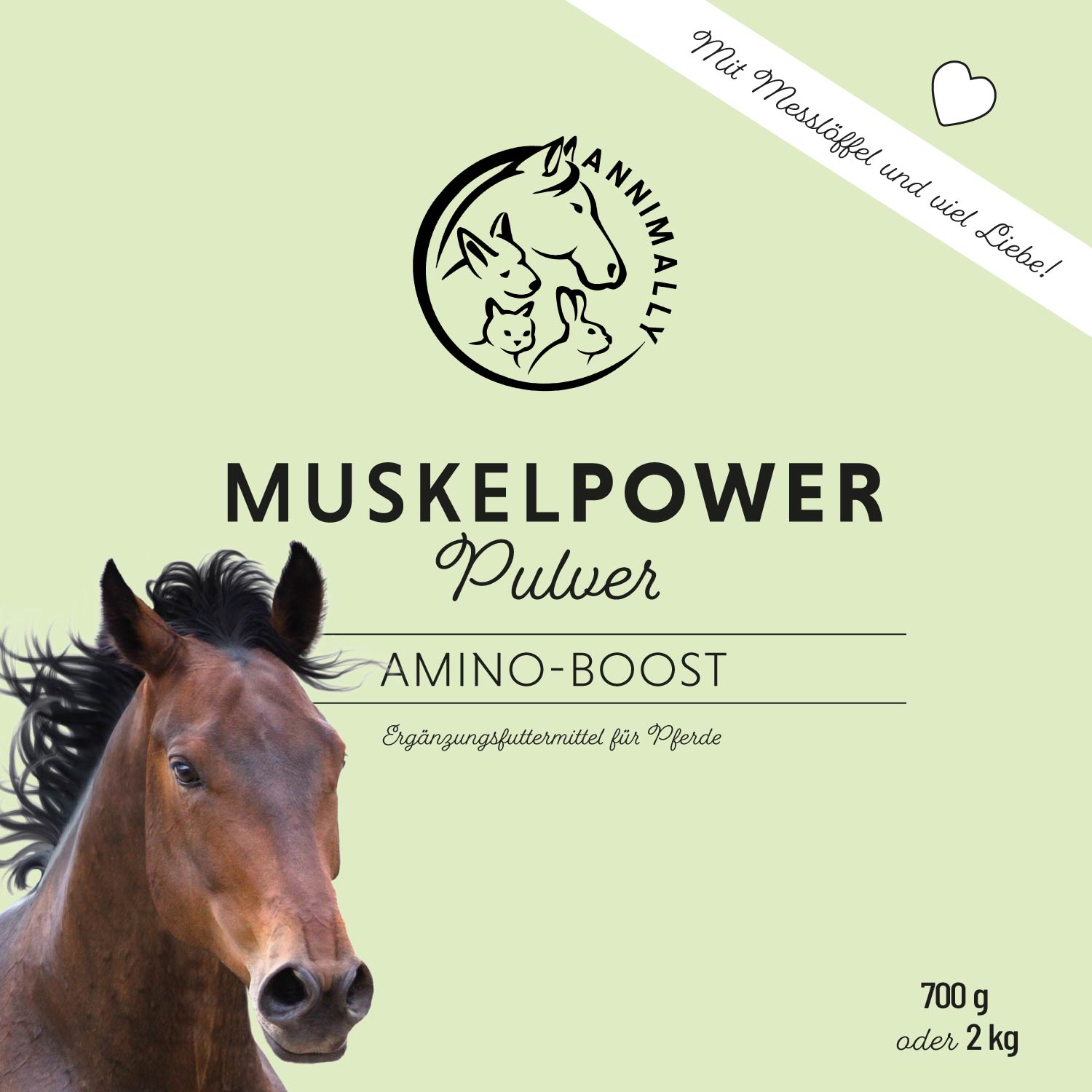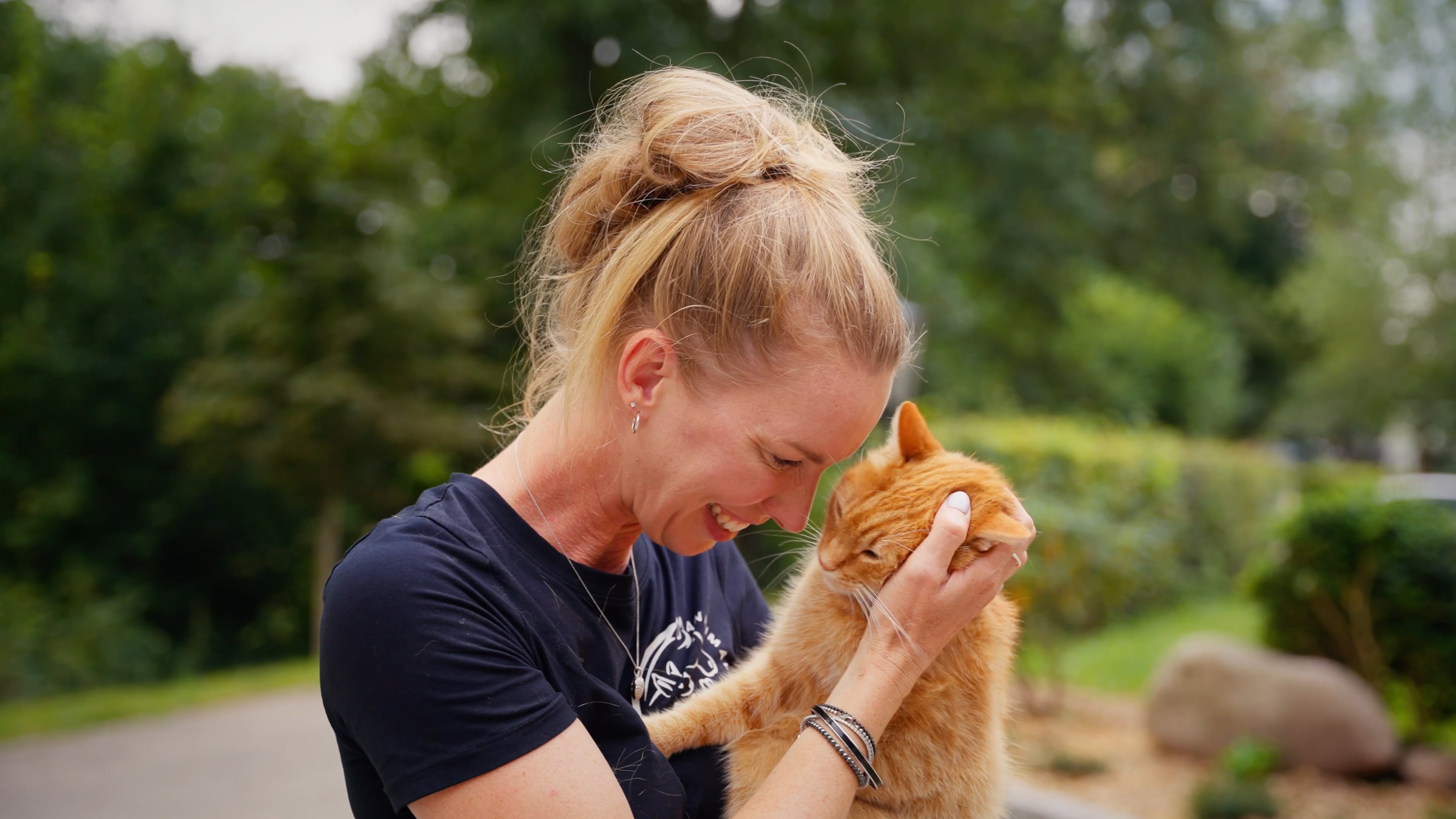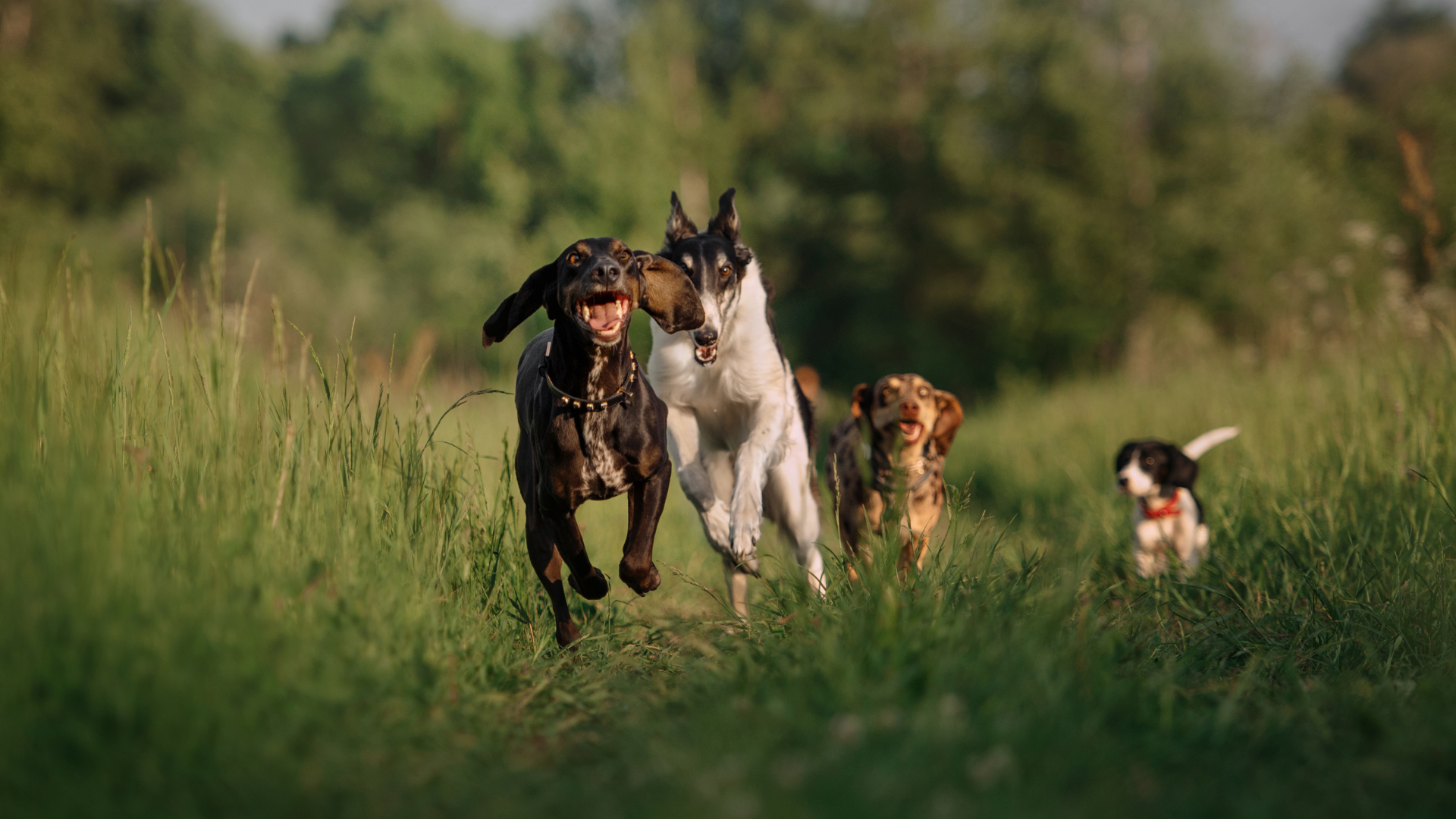
Can dogs eat peanuts? The detailed guide
Peanuts are a popular snack for us humans, but are dogs even allowed to eat them? As a dog owner, you may have already thought about whether your four-legged friend can snack on them when you treat yourself to a handful of nuts. Peanuts do contain some valuable nutrients, but they also pose risks that you should definitely be aware of.
In this article, you will learn what you as a dog owner need to consider when offering your dog peanuts – and what healthy alternatives there are.
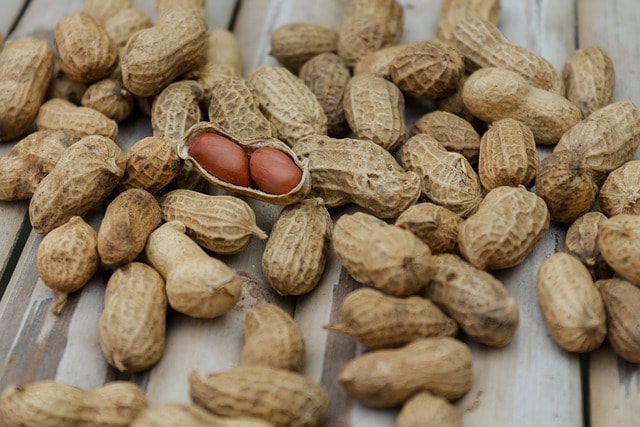
Why Dogs Are So Curious About Nuts
Many dogs are fascinated by what we eat, and peanuts, for example, are very popular with some dogs. The intense smell and taste of peanuts attracts many four-legged friends, and the high fat content also makes these nuts particularly interesting for them. But before you offer your dog a peanut, it is important to know the potential risks and benefits.
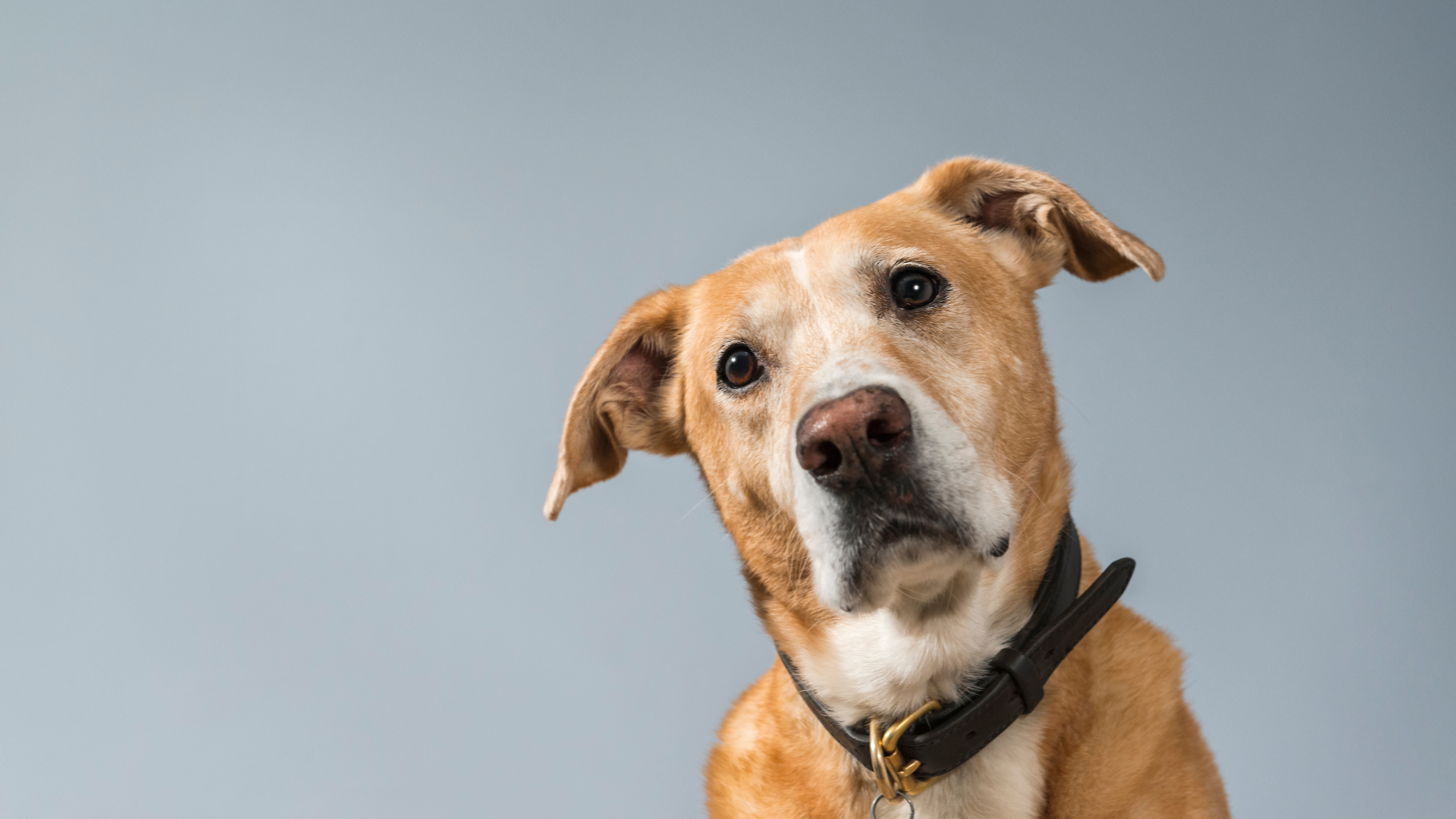
Can dogs eat peanuts? What you should know
The good news for you: dogs can generally eat peanuts - but only in small quantities and under certain conditions. The peanuts should be untreated, i.e. natural and without salt or spices. Salted or spiced nuts are not suitable for dogs and can cause health problems.
Benefits of Peanuts for Dogs: What Nutrients They Provide
Peanuts contain a number of nutrients that can be beneficial for dogs in moderation. The most important ones include:
Proteins: Peanuts provide plant-based proteins that can help provide your dog with energy.
Healthy fats (omega-3 fatty acids): The fats in peanuts can support skin and coat and provide your dog with quick energy.
Vitamin E and Vitamin B: These vitamins help strengthen the immune system and promote metabolism.
Despite these benefits, peanuts should always remain an occasional snack.
The Risks of Peanuts for Your Dog
Although peanuts are rich in nutrients, they are also high in calories and fat, which can quickly become problematic for dogs. Too much fat can put a strain on the digestive system and lead to obesity. Digestive disorders are also common consequences when dogs eat large quantities of nuts.
Another risk is that some dogs are allergic to peanuts. This is something you should definitely keep in mind before giving your dog a peanut.
Aflatoxins: A major risk for dogs
As a dog owner, you should inform yourself about the risk of aflatoxins. Aflatoxins are dangerous mold toxins that are often found on peanuts. Even small amounts can cause serious damage to your dog's liver. That's why it's important to always use fresh, high-quality peanuts and to throw away old or spoiled nuts.
Salted or seasoned peanuts? Why you should avoid them
Salted or seasoned peanuts are absolutely taboo for dogs. Salt can disrupt your dog's water balance and increase blood pressure, while spices like paprika or onion powder can be toxic. So never give your dog salted or otherwise treated peanuts!
Why Peanut Shells Are Dangerous
The shell of peanuts is hard and can cause problems in the digestive tract. Because it is difficult to digest, it can lead to blockages or even injuries, which in the worst case could require surgery. The shell can also contain aflatoxins, which further increases the risk for your dog.
How many peanuts are safe for dogs?
Peanuts should only be given to dogs as an occasional snack in small quantities. One or two unsalted, unshelled peanuts are enough and will give your dog a taste experience. Too many peanuts could quickly lead to calorie overload, and small dogs in particular are sensitive to larger quantities.
Which dogs should not be given peanuts?
Not every dog can tolerate them. Dogs who are allergic to nuts in particular should not be given peanuts. Dogs with sensitive stomachs or pancreatic diseases should also avoid peanuts. If your dog is overweight, high-fat peanuts are also not the best choice.
Allergic Reactions in Dogs: What You Should Look Out for
Allergic reactions to peanuts are not uncommon in dogs and can cause a variety of symptoms. Look for signs such as:
-
itching and rashes
-
redness and swelling
-
vomiting and diarrhea
-
In severe cases even shortness of breath
If you notice such symptoms in your dog after eating a peanut, you should consult a veterinarian.
Peanuts as a protein source for dogs: recommended or not?
Although peanuts contain a lot of plant protein, there are better sources of protein for dogs, such as chicken, fish or beef. Plant proteins are harder for dogs to process than animal proteins because their digestive systems are specialized for animal proteins. If you want to give your dog a high-protein diet, animal sources are often the better choice.
Peanut butter for dogs – a good idea?
Many dogs love peanut butter, and in fact it can be a tasty treat in small amounts. However, make sure it does not contain sugar or xylitol, as xylitol is highly toxic to dogs. It is best to choose pure, natural peanut butter with no additives and only give it in small amounts.
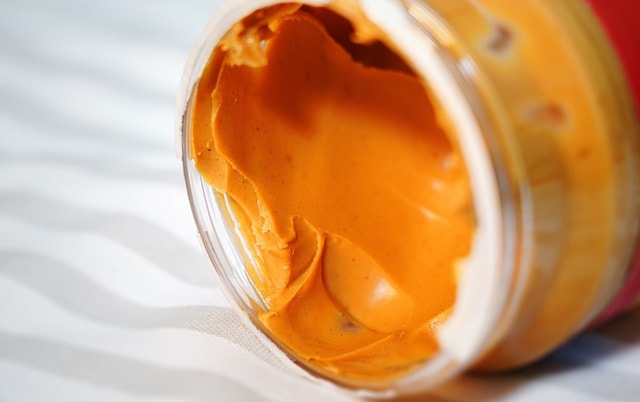
Alternative snacks to peanuts for dogs
There are many healthy alternatives to peanuts that you can safely offer your dog:
Carrots: Crunchy, low in calories and full of vitamins – ideal for dogs!
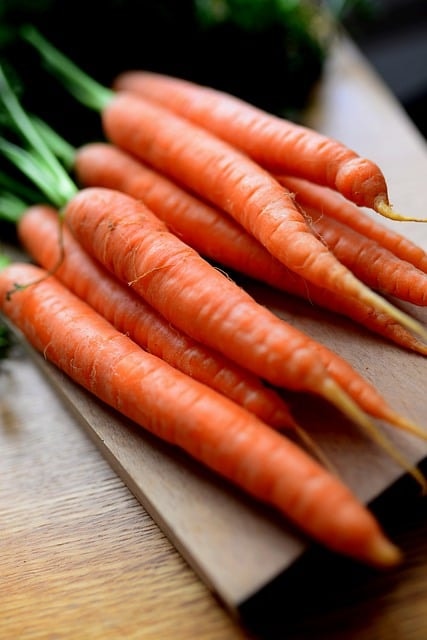
Apples (without seeds): In small pieces a healthy change.
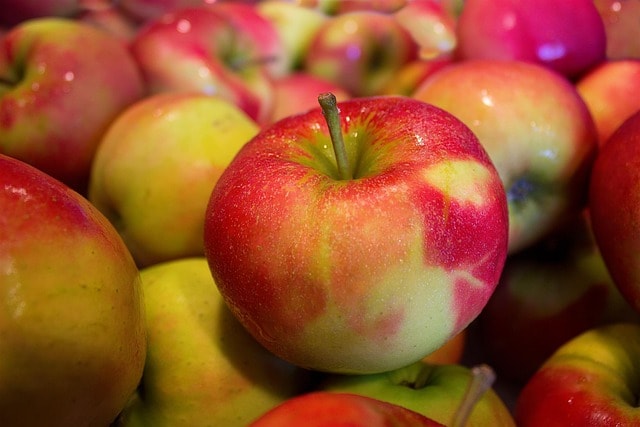
Boiled chicken: Rich in protein and easily digestible – a perfect reward for dogs.
These alternatives provide important nutrients without the risks associated with peanuts.
Conclusion: Can dogs eat peanuts?
Peanuts can be a small treat for dogs - but only under certain conditions. Dog owners should make sure to only give unsalted, unshelled peanuts in small quantities. Alternatively, other snacks such as carrots, apples or chicken are often a better choice.
Tips for safely introducing peanuts into your dog's diet
If you want to offer your dog peanuts or new snacks, always start with a small amount. After eating, carefully monitor your dog for allergic reactions or digestive problems. If your dog is sensitive, avoid feeding peanuts in the future and stick to other, well-tolerated treats.
Should peanuts be a regular part of your dog’s diet?
Peanuts are not part of your dog's regular diet. While they provide nutrients that can be beneficial for dogs, there are better alternatives that are easier to digest and healthier. High-quality dog food and fresh fruit or vegetables will provide your dog with a balanced and complete diet.
Which nuts can dogs eat?
Not all nuts are suitable for dogs and some can even be poisonous. Almonds (in small quantities), cashews and, as already mentioned, unsalted, unroasted peanuts are safe for dogs. Dogs should never eat walnuts, macadamia nuts and pecans, as some of them are poisonous or difficult to digest and can cause serious health problems.
